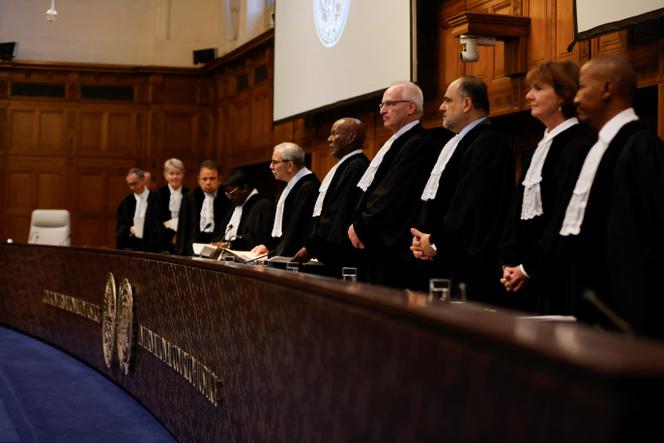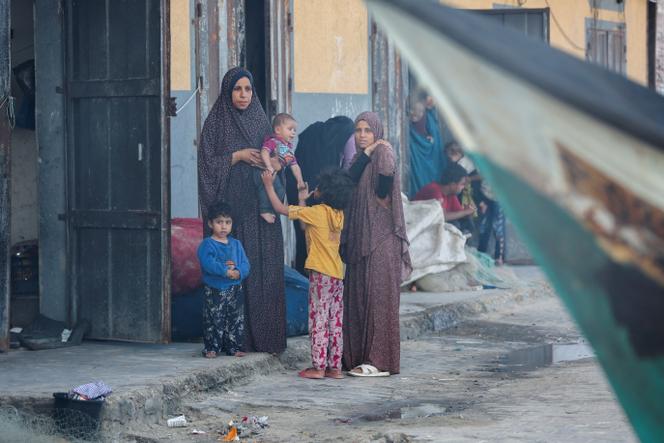


The International Court of Justice (ICJ) has ordered Israel to "immediately halt its military offensive" in Rafah, and more specifically any action – as part of this operation on an unprecedented scale for four months now – "which may inflict on the Palestinian group in Gaza conditions of life that could bring about its physical destruction in whole or in part." Handed down on Friday, May 24, by the UN's highest court, this decision increases the pressure of international justice on Israel – which, according to Agence France-Presse (AFP), continued its bombardment of the Palestinian enclave from Saturday morning, including Rafah – following two previous orders by these judges.
South Africa originally filed a complaint with the ICJ on December 30, 2023, accusing Israel of violating the Convention on the Prevention and Punishment of the Crime of Genocide. The judges will not rule on the merits of the case for several years, but they have once again ordered Israel to take urgent measures.
In the judges' first decision, issued on January 26, they had already established that there was a "plausible" risk that the rights of Palestinians to protection from the crime of genocide would be violated. This time, they consider that there is "a real and imminent risk" that the situation will be irreparable, an "immense risk" of genocide of the Palestinians in Gaza.
"The humanitarian situation is now to be characterized as disastrous," read the ICJ president, Judge Nawaf Salam. Since their previous order on March 28, the judges consider that the situation has "deteriorated." They point out that on the eve of the military operation at Rafah, "nearly 100,000 Palestinians were ordered by Israel to evacuate the eastern portion of Rafah and relocate to the Al-Mawasi and Khan Younis areas ahead of a planned military offensive."
The next day, Israel declared itself in control of the border crossing with Egypt, on the outskirts of which lies Rafah, in the southern Gaza Strip. In the days that followed, the army moved into the city, further away from the terminal, tracked down isolated Hamas commandos and extended its evacuation orders, until the city was largely depopulated.

Based on UN data, the judges point out that almost 800,000 people have been displaced from Rafah since May 18. In reality, this figure has already been exceeded: It is approaching one million, or half the population of the Gaza Strip. Most of these families had already been forced to leave makeshift shelters elsewhere in the enclave and continue to wander.
You have 64.85% of this article left to read. The rest is for subscribers only.
